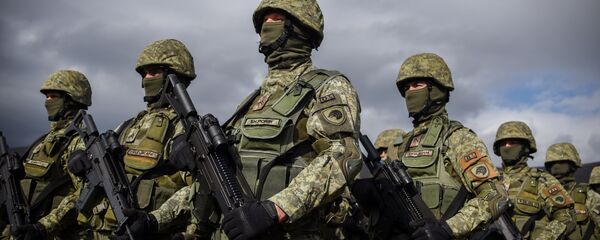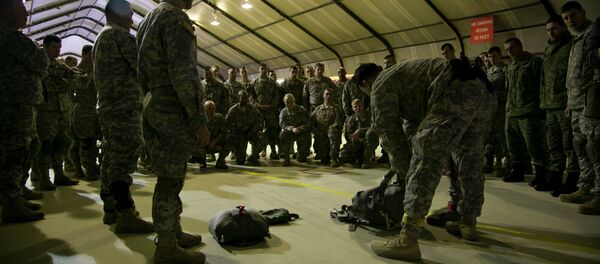Yee said the US was concerned about the Nis center, located close to Serbia’s border with Kosovo, “not so much for what it is now, but what it might become if it receives what Russia has been asking from Serbia, which is some kind of special status, a protected diplomatic status or immunity."
He also stressed the need for Serbia to exercise full control over its territory.
“If [Serbia] allows Russia to create some kind of a special center for espionage or other nefarious activities, it will lose control over part of its territory," Yee warned.
Serbian President Aleksandar Vucic responded by saying that he was not interested in Washington’s opinion on the matter and that it was up to Belgrade to decide what to do.
“Just imagine Serbia’s ambassador in Washington saying that he is concerned about some base on US territory,” Vucic said.
In an interview with Sputnik, Serbian political scientist Djordje Vukadinovic described this talk about the imaginary “Russian threat” as a self-serving mix of fear, paranoia and “preventive hell raising” by Washington politicians, especially their liberal part with their predilection for blaming everything on the “Russian threat” and never on the mistakes and shortcomings of the US political system.
“These Western mantras are so illogical. They say that Russia is on the brink of collapse while at the very same time attributing to Putin and Russia some diabolic ability to elect the president of the greatest power in the Western Hemisphere. They are raising hell about a small humanitarian center, while they have this huge Camp Bondsteel military base located just nearby in Kosovo,” Vukadinovic told Sputnik Serbia.
Serbian political analyst and journalist Zeljko Cvijanovic said that the impression was that Hoyt Brian Yee was trying to sow panic in Serbian while simultaneously threatening that now that the US has stabilized Montenegro, it can also stabilize Macedonia and Serbia.
He added that “few people in Serbia actually want stabilization American-style.”
There is another, ethical, angle to this whole story though.
During the 48-hour rescue operation coordinated by the Nis center the Russians evacuated over 2,000 people from the partly inundated town of Obrenovac, including more than 600 children.
There is something wrong in hearing about such care for Serbian territory by a representative of a country which did so much to make Serbia lose control over Kosovo and Metohija, which account for a hefty 15 percent of the country’s territory.
The Russian-Serbian Humanitarian Center was established in Nis in April 2012.
It provides humanitarian assistance in emergency situations in Serbia and other Balkan countries. It also provides training for emergency response groups.






